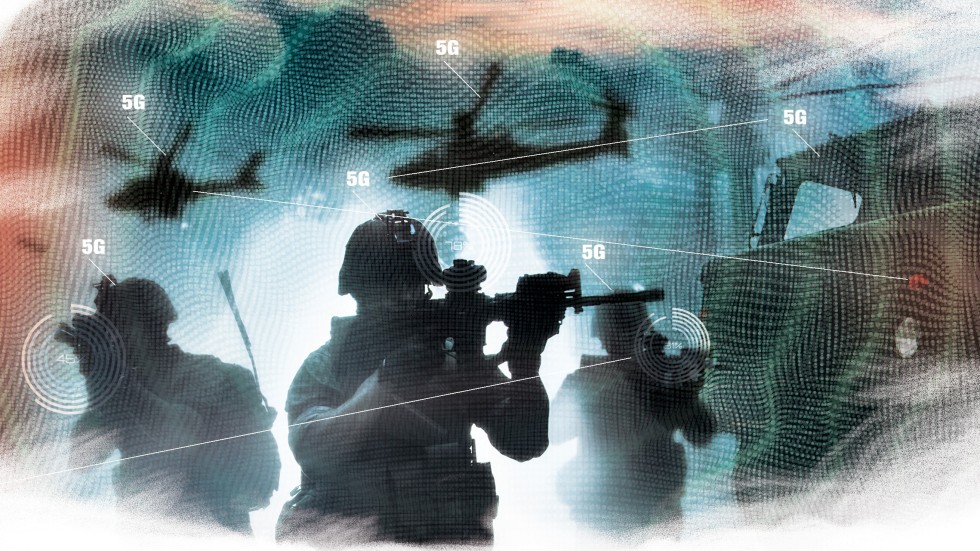From the South China Morning Post
Why 5G, a battleground for US and China, is also a fight for military supremacy
- Next-generation networks will be vital to future military operations, raising the stakes between those developing the technology
- It may be easier to hack 5G, but strategic motivations are also behind concerns of the United States, experts say
PUBLISHED : Thursday, 31 January, 2019,
Excerpt:
Apart from its tremendous commercial benefits, 5G – the fifth generation of mobile communication – is revolutionising military and security technology, which is partly why it has become a focal point in the United States’ efforts to contain China’s rise as a tech power and its allegations against Chinese companies.
The future landscape of warfare and cybersecurity could be fundamentally changed by 5G. But experts say 5G is more susceptible to hacking than previous networks, at a time of rising security concerns and US-China tensions on various interconnected fronts that include trade, influence in the Asia-Pacific region and technological rivalry.
These tensions provide the backdrop to controversy surrounding Huawei, the world’s largest telecoms equipment supplier.
Long before the Chinese company was indicted in the US this week on multiple charges including stealing trade secrets and violating US sanctions – charges it denies – US intelligence voiced concerns that Huawei’s telecommunications equipment could contain “back doors” for Chinese espionage.
Huawei has repeatedly denied these allegations, but the controversies have underlined 5G’s growing importance and stepped up the technological arms race between China and the US.
To most people, the next-generation networks, which will be at least 20 times faster than the most advanced networks today, may just mean faster downloads of movies or smoother streaming. But they have much bigger potential than that.

No comments:
Post a Comment